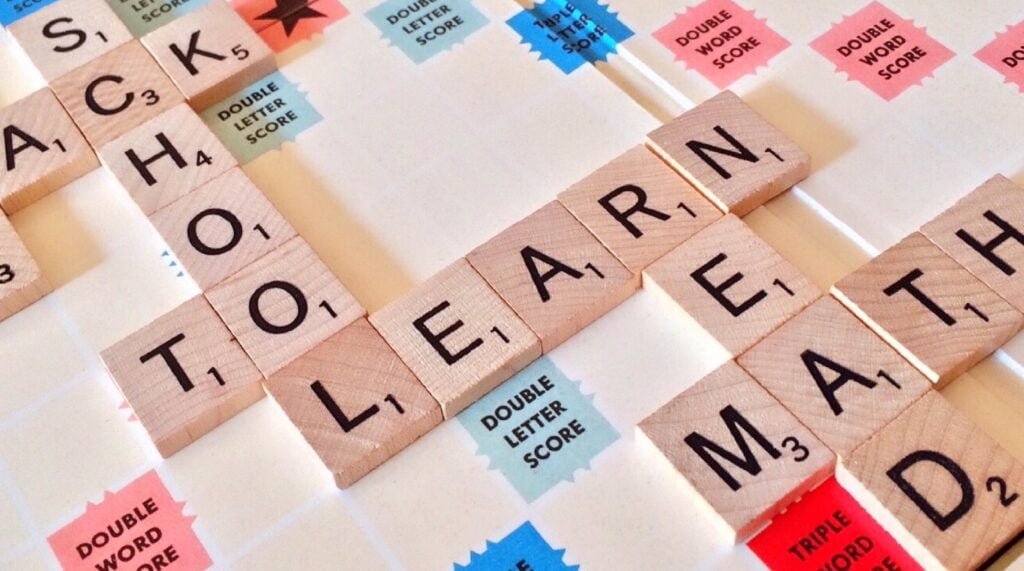It’s that time of year when year 9 students all over the UK choose their GCSE options. Whilst we as parents can be there to advise, listen and support their choices, we need to remember these are THEIR options, not ours!
It doesn’t matter what we did at school, what we wish we had done, or what we would like our children to do, ultimately they need to select the subjects best suited to them.
The systems for selecting options do vary quite a bit across the UK, so if you aren’t sure, get in touch with your child’s school to find out more about their specific process. Most schools are good at communicating this sort of information to parents, but if the flow of information seems a little slow from your child’s school, don’t be afraid to ask for clarification.

How you can support your child
Some children sail through decisions like these. They know exactly what they want to take and what they don’t, they can explain why they want to take these subjects and they may have a clear idea about what these choices could lead them to for 6th form.
For other young people, this can be quite daunting. They may find the decision-making process rather overwhelming, may not have a clue what subjects to take, and may be seeing to select subjects based on what their friends are doing.
Talk to your children about the subjects they most enjoy at school, which subjects they look forward to each week and which subjects they get their best grades in. This should help them try to narrow down which options to take. You can of course remind them that just because their friend Jimmy is taking art, doesn’t mean it’s the best choice for them.
In actual fact, for some children, choosing different options to their friends can turn out to be a really positive move, because it encourages new friendships, and builds confidence through being a bit more independent.

Choosing GCSE options may well be the first big decision that your child has had to make regarding their future. Lots of schools support the significance of this by getting children to submit their options during school time, rather than sending a form home, which opens up the chance for parents to have a heavier influence.
Whatever your children decide, try to be supportive of their choices. This will hopefully mean they are more inclined to discuss other decisions with you as they grow up. Often, the most important thing is not what the dialogue between parent and child is, but just the fact that there is a dialogue.

Ultimately, we want our children to feel empowered to make considered decisions about their futures, whatever those turn out to be.

